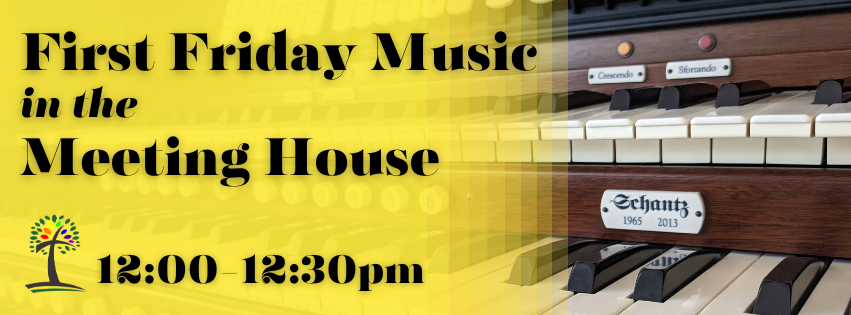
August 7, 2017
“Wrestling the Night Away” ~ sermon for August 6, 2017
Sermon
Today’s lectionary readings compliment each other.
Jacob wrestles with God and comes away changed and Jesus surprises his followers with an act of generosity and hospitality that defies understanding.
Both of these vivid stories remind us that God’s power is beyond our understanding.
God has the ability to change us and to expand our expectations of what life has to offer.
The image of Jacob wrestling the night away has provided countless artists, sculptors, novelists, poets and musicians with material for their work.
Why is this struggle so compelling?
Are we drawn to other people’s struggles as a way of making sense of our own?
Does Jacob’s ability to wrest a blessing out of God give us hope that our own struggles will result in a blessing?
Jacob’s dilemma resonated with me this week as I struggled to understand the concerns voiced by some of you over the United Church of Christ’s support of the ‘Black Lives Matter’ movement.
The United Church of Christ, in the national setting, characterizes their support this way: “When Black lives are systemically devalued by society, our outrage justifiably insists that attention be focused on Black lives.”
They continue, “When a church claims boldly “Black Lives Matter” at this moment, it chooses to show up intentionally against all given societal values of supremacy and superiority or common-sense complacency. By insisting on the intrinsic worth of all human beings, Jesus models for us how God loves justly, and how his disciples can love publicly in a world of inequality. We live out the love of God justly by publicly saying #BlackLivesMatter.”
Conversely, the folks who are upset with Silver Lake Conference Center, or for that matter the offices of the CT Conference and the National Setting of the United Church of Christ, displaying a Black Lives Matter banner characterize the movement as one of violence, particularly targeted against police officers.
Both opinions are valid and both point to the deep systemic presence of racism in our culture.
Our “Be the Church” banner (point to banner) clearly calls us to ‘fight racism.’
The challenge of hearing one another when we disagree, has been a source of struggle this week.
As your pastor, I have wrestled with your expectations of how I ought to respond to controversy.
I have prayed for a heart of understand, rather than a heart of condemnation.
It has not been easy and I, like Jacob, have come away from the struggle feeling injured and changed.
The United Church of Christ and our predecessor Congregational Church has been a bold, prophetic voice against racism since colonial times.
In 1785 Lemuel Haynes became the first African American ordained by a Protestant denomination.
One of the ost frequently told stories in the history of the UCC is that of the Amistad uprising.
In 1839 a group of enslaved Africans broke their chains and seized control of the schooner Amistad.
Their freedom was short-lived, and they were held in a Connecticut jail while the ship’s owners sued to have them returned as property.
Christians—including forebears of the United Church of Christ—organized to free the prisoners.
The case became a defining moment for the movement to abolish slavery.
The Supreme Court ruled the captives were not property, and the Africans regained their freedom.
The Amistad case spurred the conscience of Christians who believed no human being should be a slave.
In 1846 Lewis Tappan, one of the Amistad organizers, organized the American Missionary Association—the first anti-slavery society in the U.S. with multiracial leadership.
This organization united Congregationalists, Presbyterians, Methodists and other Christians in the fight to abolish slavery.
This is the United Church of Christ that I fell in love with fourteen years ago.
I was drawn to a church that was not afraid to stand up for what it believed and to put their faith into action, even when it was difficult.
The social justice agenda of the United Church of Christ reflected my own ideals of a just and peaceful world for all.
I look at this beautiful baby boy we just blessed and feel a responsibility to ensure that he be given the opportunity to live in a world which reflects God’s kingdom on earth or as close to it as we can get.
I know that issues like racism are difficult to discuss in community, but if we can’t face those issues – from every perspective –what are we doing here?
My friends, the brilliant, middle-eastern rabbi that we follow calls us to love one another as God has loved us.
I think it is worth our time and energy to try and do this.
I hope you will join me.
Let us pray.
Gracious, loving, creator God we call you to this place and time as we seek the grace to live our lives in your image.
Help us, we pray, to see the divine spark in our neighbor and to recognize that when the oppressed call out for justice, it is not always on our terms.
Guide us as we discern how to use our abundance, our 5 loaves and two fish, to feed a hungry world.
Quell the violence in our world and replace it with your peace which passes all understanding.
O God, we cry out for your mercy.
Hear now our prayers for those whom we love.
For those who are sick, we pray for healing.
For those who mourn, we pray for comfort.
For those who feel oppressed by institutionalized systems that do not heed their voice, we pray that they will be heard.
We pray for our leaders, that they might have hearts for peace and justice.
Hear now the prayers of our hearts as we turn to you in the sacred silence of this meetinghouse. …
Amen.

